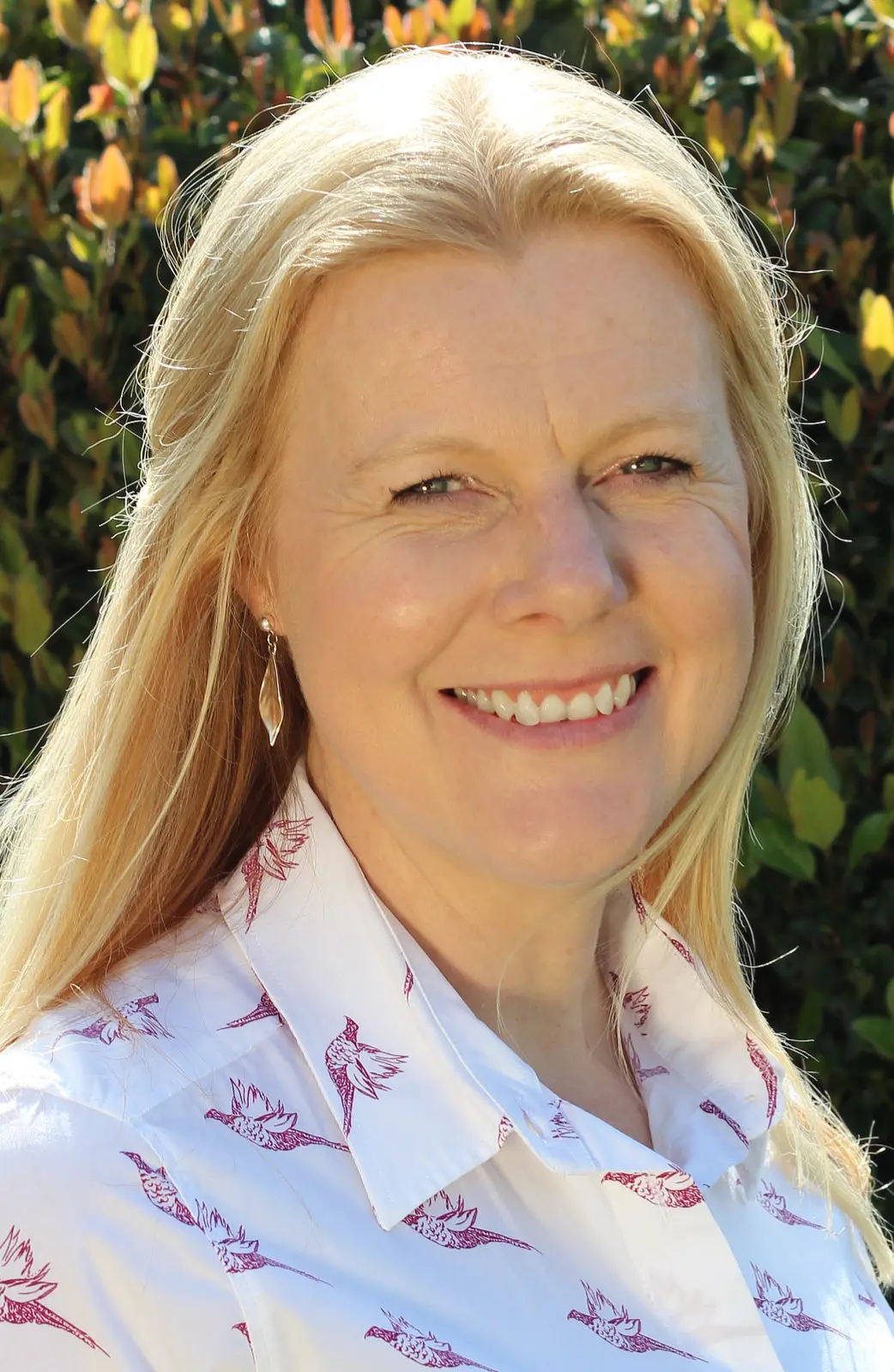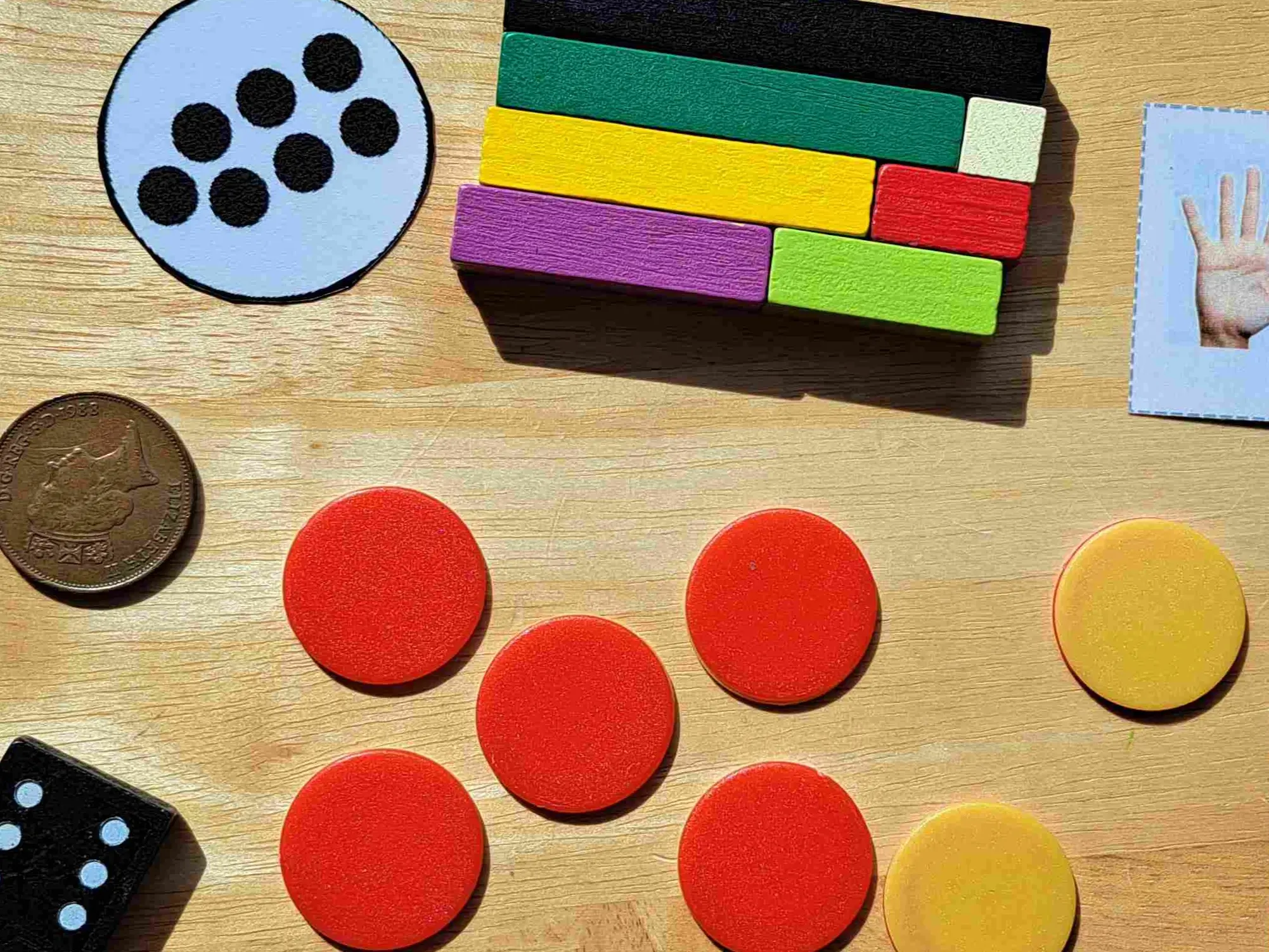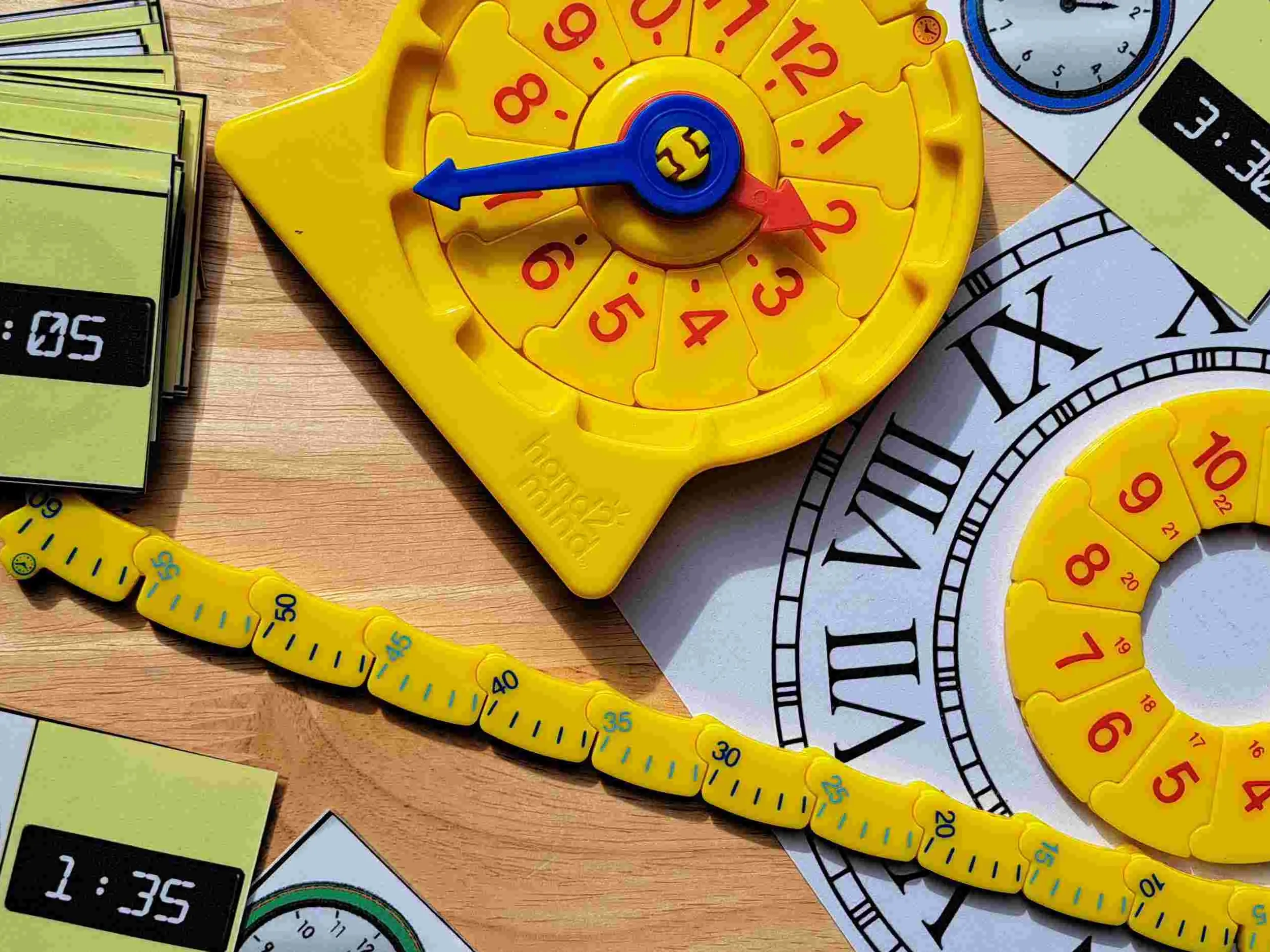
Teaching
Having been a UK primary school teacher, leader and SENCO (Special Educational Needs Co-ordinator) expanding more than 25 years across a range of schools in Scotland and England, I have a wealth of experience and expertise in teaching, leading and assessing maths in primary and lower secondary. Not only that, I have been particularly successful in supporting learners who lack confidence or are anxious about maths.
Assessment
In order to formally diagnose dyscalculia, a level 7 Postgraduate Certificate (Dyscalculia) with APC (Assessment Practising Certificate) is required. This is a rarity in the UK and I have therefore committed to use this qualification to support those learners with dyscalculia and mathematical learning difficulties through assessment and specialist teaching either in schools or 1:1 at home.
Location
I am based in South West England but also have strong connections in Scotland.
Professional Bodies
Enhanced DBS (Disclosure and Barring Service)
APC (Assessment Practising Certificate)
AMBDA Dyscalculia (Associate Member of the British Dyslexia Association)
Member of PATOSS (Professional Association of Teachers of Students with Specific Learning difficulties)

